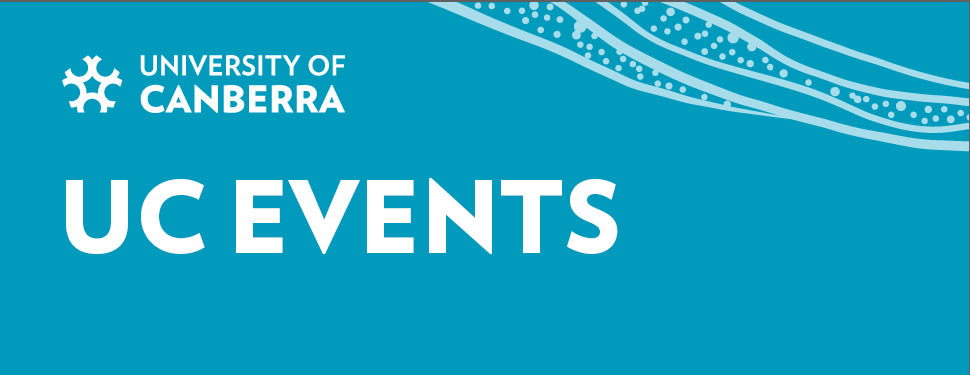Tooling up the baby friendly hospital initiative – maternity care for gender justice and health of humans and planet
This event is jointly organised by the Tax and Transfer Policy Institute at the ANU Crawford School of Public Policy and the Health Research Institute at the University of Canberra. We acknowledge and thank the Medical Research Future Fund, Alive & Thrive East Asia Pacific, and the ANU Gender Institute for research funding.The quality of care in the first few days after birth in hospital is critical to breastfeeding success but it also affects the health of the planet. New tools can expose the potential gains from investing in better breastfeeding support in maternity care.Breastfeeding is important for children’s health, and also benefits mothers by aiding postnatal recovery and mental health and reducing lifelong risk of breast cancer. The first days after birth in hospital are critical to breastfeeding success. However, in Australia, around 30% of newborns are fed commercial milk formula (CMF) before leaving the hospital.Facilities adhering to the WHO/UNICEF BFHI Ten Steps to Successful Breastfeeding have been shown to enable higher exclusive breastfeeding rates and continued breastfeeding throughout the first year. Equitable access to high standards of breastfeeding support in maternity care is essential to avoid health disparities.The human rights of women and children to breastfeeding are violated through proliferation of maternity care barriers to breastfeeding, including unnecessary separation of newborns from mothers, inappropriate promotion of commercial food products for mothers and infants and young children through health channels, and unnecessary supplementation with CMF products.The Baby-Friendly Hospital Initiative (BFHI) not only supports breastfeeding, it also reduces environmental impact, and this is often overlooked. Commercial milk formula (CMF) feeding has high GHG emissions, and water use. Exclusive CMF-feeding for six months generates up to a quarter of a tonne of CO2 equivalent GHG emissions per infant, and uses around 5000 litres of scarce water resources across the product lifecycle.Reducing CMF use to mitigate carbon and water footprints is a win-win for climate, health, and economies.Since 2020, our online program aims to galvanise efforts to improve breastfeeding policies and funding in national budgets, by applying new conceptual and practical tools to Australian policy, including gender responsive budgeting.The webinar brings together leading international research on climate change and health services, with two ANU projects:“Scaling up the Baby Friendly Hospital Initiative in support of maternal and newborn health” (funded by MRFF) and“Gender just reductions in greenhouse gas emissions in facilities providing maternity and newborn services through implementing the ‘Baby-Friendly Hospital Initiative” (funded by ANU Gender Institute).Drawing on insights from health services in Asia Pacific and elsewhere, the forthcoming webinar on Monday, 5 May will focus on Australian maternity services, developing themes from earlier webinars, introducing the Scaling up BFHI project, and demonstrating a new tool for action on human and planetary health through more sustainable health services.Presenters will share insights and discuss innovative strategies to enhance health outcomes for mothers and babies while addressing environmental sustainability in healthcare facilities.Registration is free and webinar Zoom details will be emailed upon registration.This event is jointly organised by the Tax and Transfer Policy Institute at the ANU Crawford School of Public Policy and the Health Research Institute at the University of Canberra. We acknowledge and thank the Medical Research Future Fund, Alive & Thrive East Asia Pacific, and the ANU Gender Institute for research funding.We also appreciate the support of FHI 360, Healthy Environments and Lives (HEAL) Global Research Centre, the World Breastfeeding Trends Initiative Australia, and the Breastfeeding Promotion Network of India.


